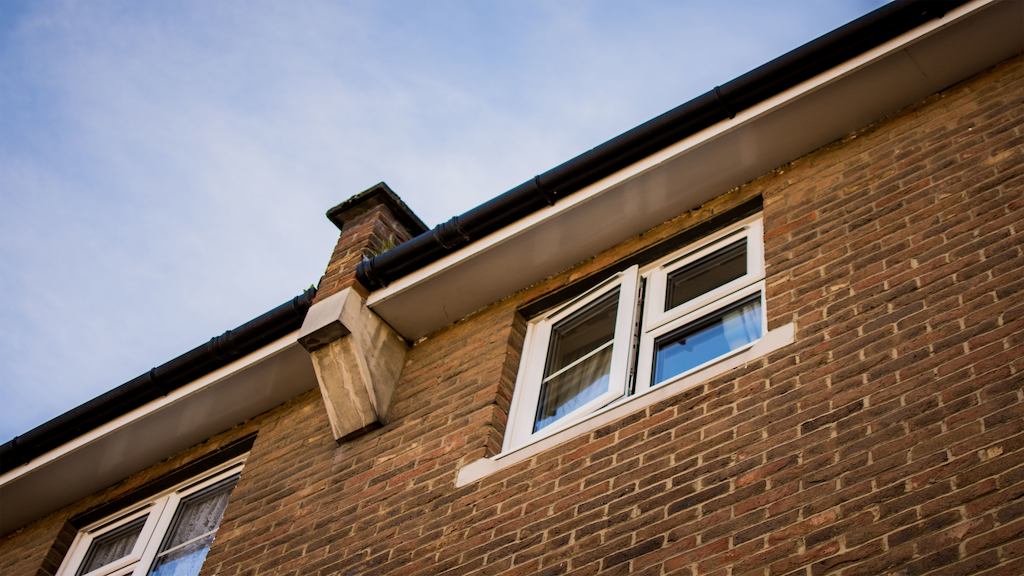To no one’s surprise, there is a vast amount of evidence to tell us what we already knew. We have some of the oldest and worst housing in Europe. If there is a second spike in coronavirus and a second lockdown over winter, people in cold, damp homes will die. Being unable to heat your home affordably and effectively is directly linked to chronic health problems including respiratory and cardiovascular conditions, rheumatoid arthritis and poor mental health.
This is a problem across all parts of our housing market. Proportionately, the biggest number of poor-quality homes is in the private rented sector. In numeric terms, by far the most poor-quality homes are owner-occupied. Even in the social rented sector we have too many homes that are cold, damp and overcrowded.
The real scandal is that this is a problem with a clear solution. Most of our homes can be made considerably better, usually by spending quite modest sums but sometimes needing large scale investment. We need government action to support the provision of funding and to encourage the growth of the small businesses who have the skills to improve our homes.
But we also need strategic and imaginative partnerships. The health service has to understand that the first, most important part of primary care is having a good home. Very few Sustainability and Transformation Partnerships or Integrated Care Systems have integrated housing into their thinking. Councils, housing associations and others should build strong local partnerships with the health service.
The Centre for Ageing Better has established the Good Home Inquiry to explore these and other issues about our existing homes. We will explore why so many of our homes are old, cold and hazardous. We will review current and previous policies to see what has worked and to suggest what might work in the future. We will make strong, evidence-based recommendations for future change.
But this much we already know. We can hugely improve the health of the nation and cut costs for our NHS by improving our homes. We can reduce the impact of COVID-19 by improving our homes. At a time when the economy is struggling, we can give it a boost by improving our homes. And we can make people’s lives better by improving our homes. Let’s ensure that at least one positive consequence of a global pandemic is that finally we end the scandal of our cold, damp homes.

